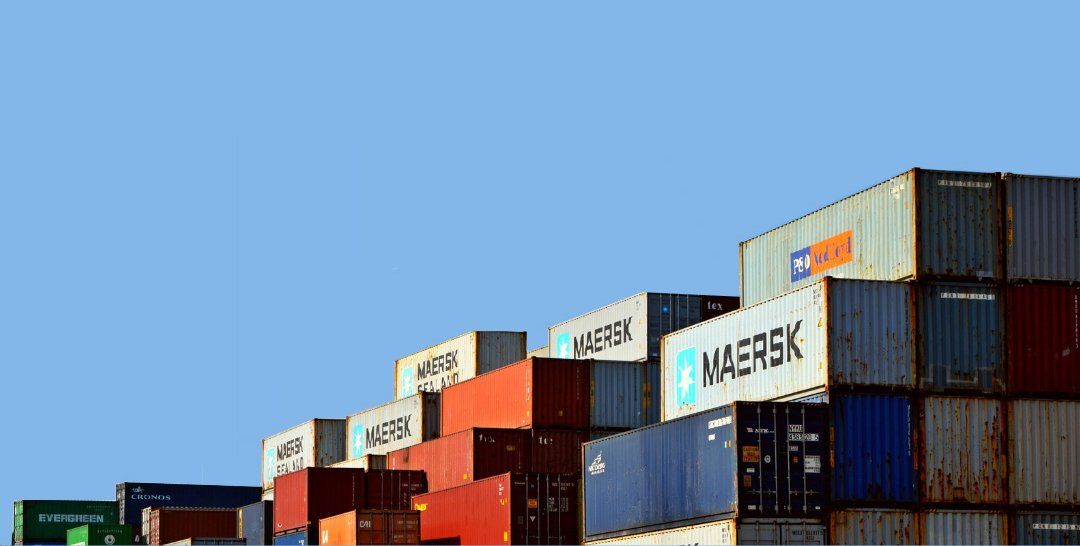Reasons to Export
The global lockdown has forced companies and individuals to embrace immediate change, whether they like it or not. These enforced changes have shown many companies – sometime much to their surprise - that many of the barriers to E-Commerce are not only imaginary but E-Commerce brings many benefits to companies and employees alike. Moreover, the world is not going back to a pre-coronavirus reality any time soon; if ever. Therefore, we all must adapt to these changes.
According to the World Bank, international trade was 62.27% of world GDP in 2019; according to Macro Trends this was 64.29% for the UK.By early 2019, B2B E-Commerce sales reached $12.2 trillion27. More than 6x that of the global B2C market.
If you are targeting SMEs with 10-250 employees, then in the European Union alone there are an estimated 1.47 million enterprises small firms with between 10 and 49 employees plus approximately 236 thousand were medium-sized firms that had 50 to 249 employers. Globally, according to the World Bank, there are approximately 35-45 million formal non-agricultural SMEs globally (World Bank).
Why should you consider exporting to Europe?
Broaden your customer base
Exporting can reduce your business risks by developing alternative markets, should a slow down or disruption occur in your domestic market. Exports reduce your business risk – if one market goes down there is the good chance that your other markets will at least remain stable if not actually increase.
Balancing Production Schedules
If your domestic product is seasonal, you can sell it to countries with coinciding seasons or, better yet, whose seasons start when yours ends. If you have idle capacity for any reason, this can be re-directed to supporting your exports.
Improving Economies of Scale
With increased export production and sales, you can achieve economies of scale and spread costs over a larger volume of revenue. You reduce average unit costs and increase overall profitability and competitiveness
Extending Product Life Cycles
Exports extend product life cycles. As technology advances and tastes change, many products become obsolete or lose their appeal, particularly in highly industrialised markets. But these products may still be valued elsewhere. Over half the world's economies are less developed. They may not need or cannot afford your latest model. They may even prefer less costly, earlier versions or used or reconditioned products. Pursue exports in markets that still value goods no longer in demand in the domestic market.
Gain New Knowledge and Experience.
Going international can yield valuable ideas and information about new technologies, new marketing techniques and foreign competitors. The gains can help a company’s domestic as well as foreign businesses.
Exporting outside the UK can change your business. Like any fundamental change to the way you trade, there are risks as well as benefits you should consider when exporting to Europe. Please contact our friendly team for assistance.
PAB Sema4 Latest News









